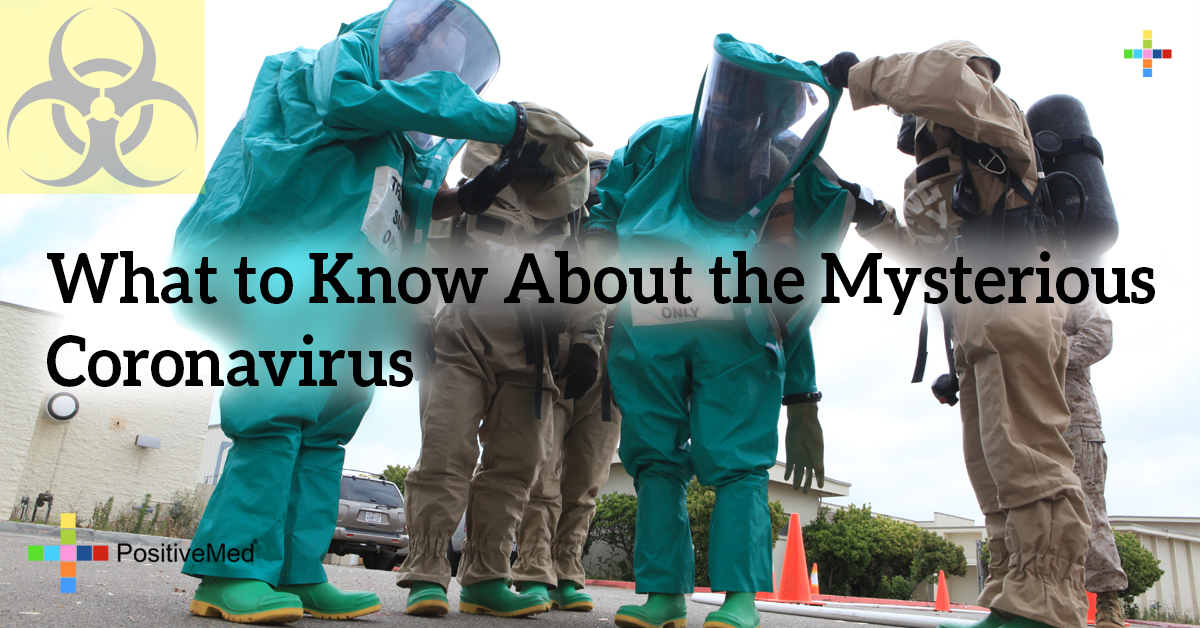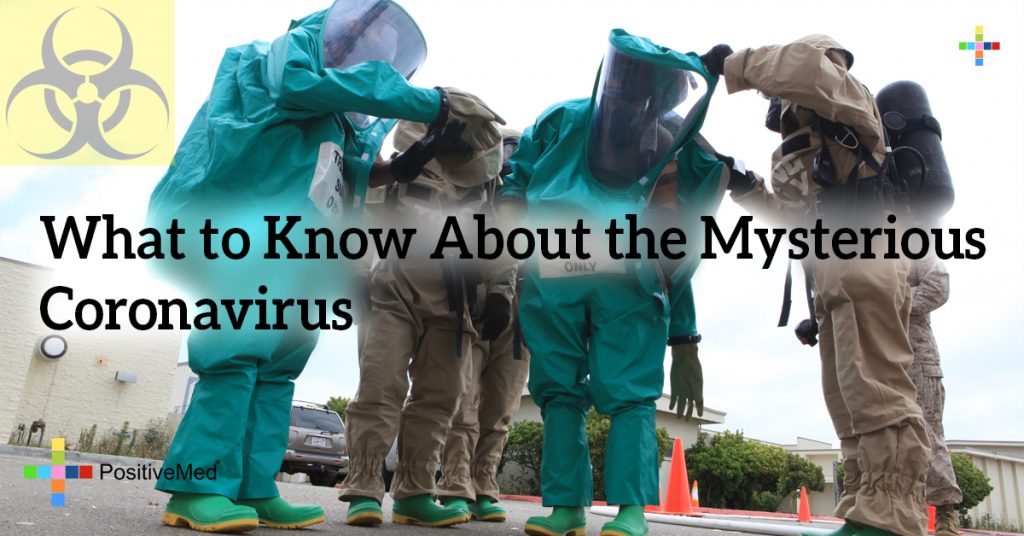It’s needless to ask if you’ve already heard about it. The new coronavirus (COVID-19) left some of us fighting against panic attacks, others making jokes about the fuss it causes, and others just trying to stay calm and think clearly. The crucial role of the media would be to transmit confirmed information. But we know that these bastards master at exaggerating to attract our attention, and most of what we learn about coronavirus is absurdly pumped up! So let’s focus for a minute and clear the ground for the new, reliable piece of information on the subject.

What is the coronavirus family in general? It ranges from the common cold to MERS (Middle East Respiratory Syndrome) and SARS (Severe Acute Respiratory Syndrome). Symptoms of the novel COVID-19 include fever, shortness of breath and cough, but can also cause pneumonia and severe acute respiratory syndrome (or even eventually lead to death). Its symptoms can be successfully treated, but there are no specific vaccines or medications for coronaviruses yet.
Specialists recommend wearing a mask, keeping basic hand hygiene (washing your hands with soap and water) and respiratory hygiene. When you sneeze, do it into the crook of your elbow or a paper handkerchief. COVID-19 is transmitted by respiratory means and physical contact (around one meter far by drops of saliva when coughing). A secondary means of transmission might be diarrhea.
Since coronaviruses come from animals, avoid unnecessary unprotected contact with live animals, wash your hands thoroughly after contacting them, and be assured that the meat is cooked thoroughly before consuming. The global scientific community still awaits confirmation, but the virus probably came from bats or another mammal species (yes, bats are mammals!). Chinese researchers suspect the pangolin.
What we’ll want to know especially is how contagious is it, as well as, what’s its actual mortality rate. The Internet underlines coronavirus-caused deaths as if they were trophies, but we need facts. The most picturesque way of describing its infectiousness rate is that each person who falls ill will infect two or three others on average. Compared to other illnesses, this indicator is higher than a typical winter flu (1.3) but lower than measles (more than 12).
The COVID-19, in this regard, is comparable to SARS. Some scientists leave a shadow of a doubt, though, that we might be underestimating the number of cases. What’s a little disconcerting, regarding the development of the illness worldwide, are asymptomatic cases. The incubation period is 2-10 days, so the set observation period, if the health situation of an individual becomes unclear, is 14 days (Would you mind two weeks in isolation?).
Imperial College Centre for Global Infectious Disease Analysis published a study: “We estimated that about two-thirds of COVID-19 cases exported from mainland China have remained undetected worldwide, potentially resulting in multiple chains of as yet undetected human-to-human transmission outside mainland China”. The same opinion was expressed by Tedros Adhanom Ghebreyesus, the WHO chief, who was worried about “the number of cases with no clear epidemiological link, such as travel history to China or contact with a confirmed case”.
COVID-19 is more lethal than the average seasonal flu but the precise mortality rate remains unknown. We’ve got some good-looking, percentual data, though. The novel coronavirus was benign in 80.9 percent of the cases. It was labeled as “serious” in 13.8 percent and “critical” in 4.7 percent of patients. China’s CDC study shows that the mortality rate increases with age. Patients over 80 years face a risk rate of 14.8 percent. Other threatened individuals suffer from cardiovascular diseases, chronic respiratory diseases or hypertension. Since scientists don’t know how many people have been infected, global estimates are hard to be taken at face value. WHO’s confirmed numbers are 2,348 deaths from 76,392 confirmed cases in China on Saturday 22nd February 2020.






